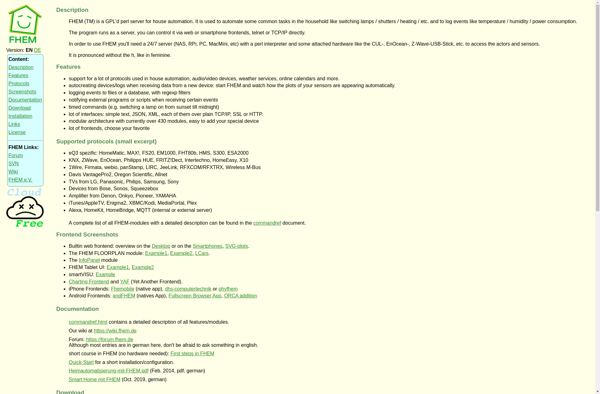Pimatic
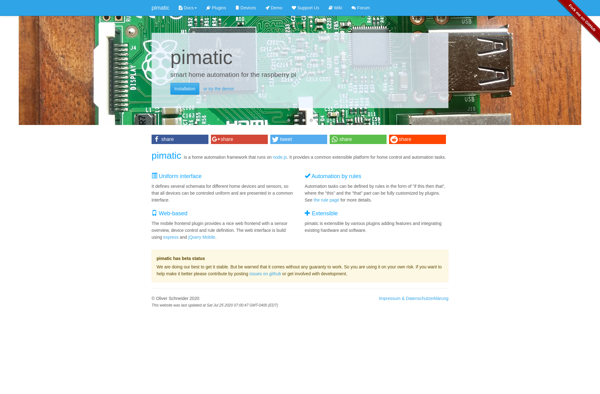
Pimatic: Open-Source Home Automation Platform
Automate tasks and control devices in your home with Pimatic, an open-source platform offering a user-friendly web interface for configuring rules, schedules, notifications, and integrating various smart home devices.
What is Pimatic?
Pimatic is an open-source home automation platform built on Node.js. It provides a flexible framework for connecting various smart home devices and sensors, allowing you to control and automate your home over a web-based interface.
Some key features of Pimatic include:
- Support for a wide range of connected devices like Philips Hue lights, SmartThings, Google Assistant, Amazon Echo, MQTT devices, and more.
- Rules engine to create triggers and actions like turning lights on at sunset, flashing lights when doorbell rings, etc.
- Schedule events like setting thermostats and lighting scenes at specific times.
- Notifications to receive alerts for triggered events on your phone, email, or web dashboard.
- Extensive plugin system to add new devices and functionality.
- Easy self-hosted installation on your own network and hardware like a Raspberry Pi.
- Active open source community providing plugins and support.
Overall, Pimatic provides an affordable and customizable solution for automating your home without relying on proprietary ecosystems or cloud services. Its open extensibility makes it a great choice for tech-savvy homeowners.
Pimatic Features
Features
- Rule-based automation
- Web-based interface
- Plugin support for many devices/services
- OpenHAB and MQTT integration
- IFTTT integration
- Notifications via email, pushbullet, twilio etc
- Time schedules
- Presence detection
- Works with Z-Wave, Philips Hue, Sonos etc
Pricing
- Open Source
Pros
Cons
Official Links
Reviews & Ratings
Login to ReviewThe Best Pimatic Alternatives
Top Home & Family and Home Automation and other similar apps like Pimatic
Here are some alternatives to Pimatic:
Suggest an alternative ❐IP-Symcon
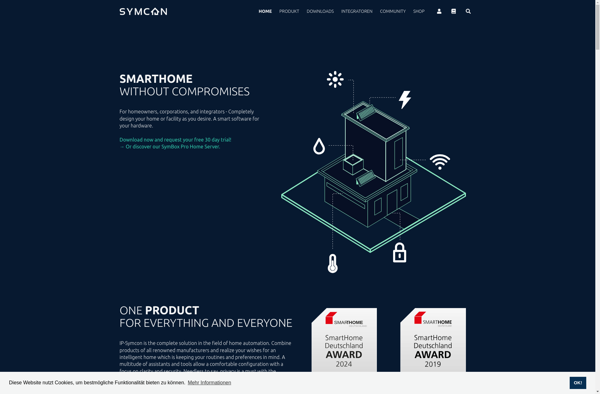
Conrad Connect
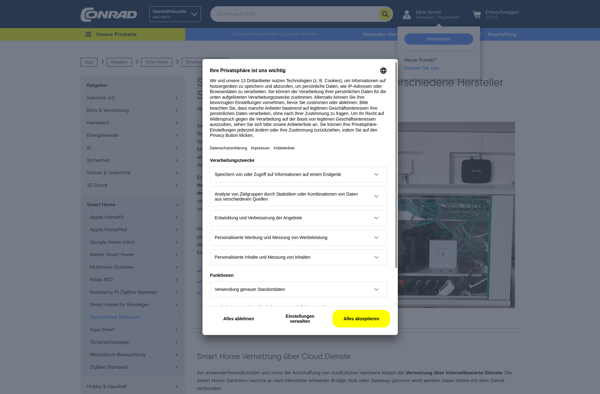
IoBroker
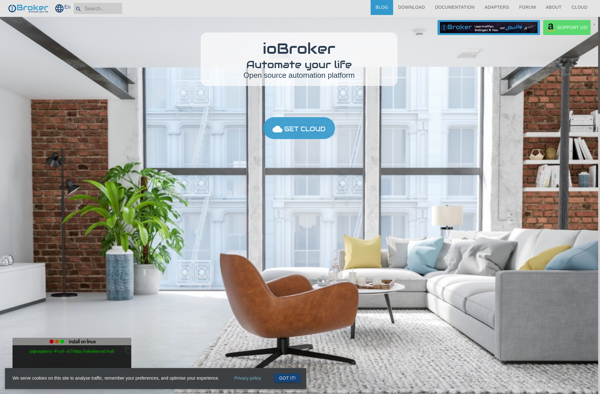
FHEM
